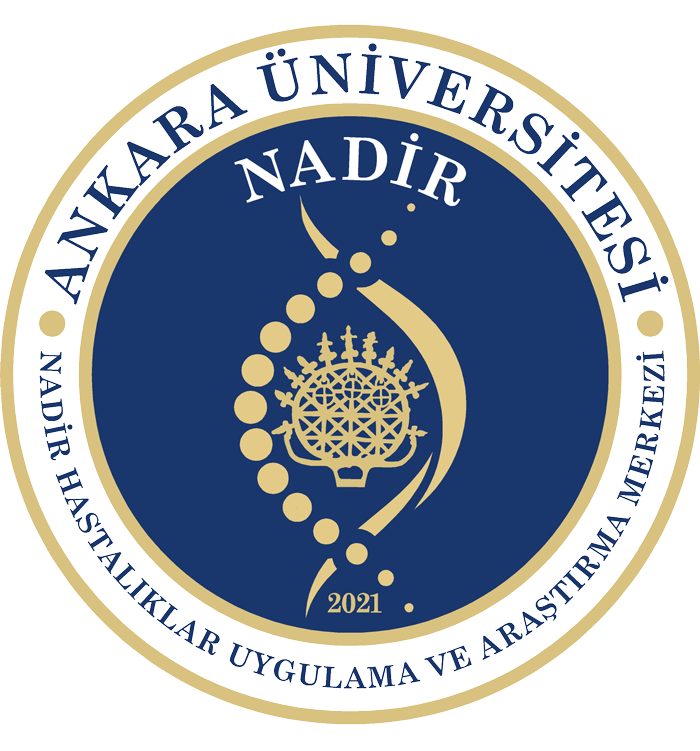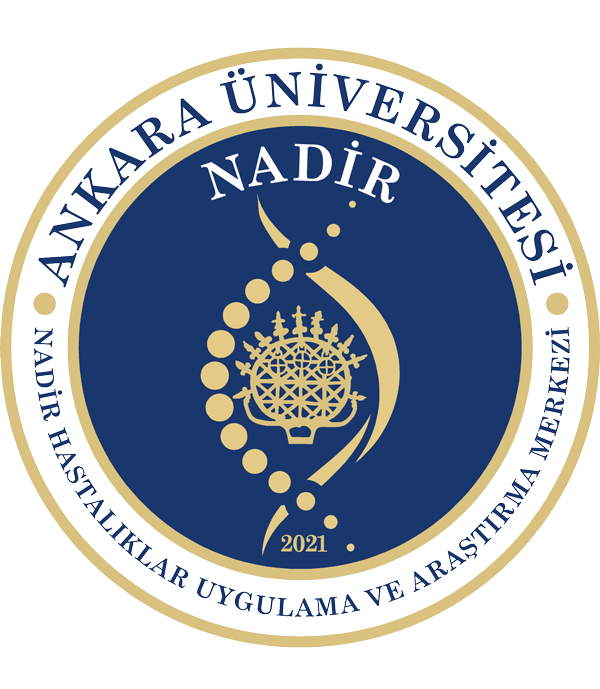
• Important Role of the Center

Today, there are around 600 national registry and monitoring centers for rare diseases in Europe, and the establishment of new national centers that work to better scientific standards and that apply systematic approaches are being encouraged. In our country, however, there are very few specialized research and application centers operating in this field, as well as little investment into R&D regarding rare diseases. This has highlighted a need for the creation of a scientific structure in which scientists well-trained in the field of rare diseases can work in coordination within Ankara University. The Rare Diseases Application and Research Center of Ankara University carries out research in the field of rare diseases while applying modern diagnosis and treatment methods, with particular focus on studies to increase the effectiveness of the multidisciplinary approach. Working in multiple disciplines under the umbrella of a single organization facilitates improvements in the follow-up and treatment of patients, while simultaneously increasing in the quantity and quality of scientific studies at our university. The objective is to rapidly catch up with the progress made in developed countries through the drug research and clinical studies carried out in our center.
Guided by the notion of preventive medicine, our center will carry out studies to improve community screening for rare diseases, will take measures to reduce the incidence of rare diseases in our country, and will develop orphan drugs and gene therapies. Awareness-raising studies will be planned in respect of rare diseases through social education and cooperation programs.
• Establishment of Our Center

Today, the use of advanced genetic and metabolic screening methods in the field of medicine, the growing population, the improvements in healthcare services and the increase in life expectancy have led to an increase in the number of rare diseases identified, as well as those diagnosed with them. This phenomenon has made it necessary to launch efforts to determine the prevalence and maps of national rare diseases, to quantify the burden and cost of these diseases, to identify the need for, and potential of orphan drugs, to formulate national policies on orphan drugs, to support early diagnosis, to evaluate responses to treatment, to conduct researches into the development new medications, and to assess the works undertaken by health authorities through both clinical and economic analyses. All the above factors necessitate the establishment of multidisciplinary, competent and effective centers for the study of rare diseases in our country, equipped with the necessary clinical, laboratory and technical infrastructure. At Ankara University, the first university in the history of the Republic of Türkiye, our main goals are to take a lead role in the screening of rare diseases in communities, to devise preventive health care policies, to develop new drugs, and to make advances in the field of gene therapies by drawing upon the capabilities of our physical infrastructure and experienced staff. With this in mind, the decision was taken to establish the Rare Diseases Application and Research Center (NADİR) within Ankara University. The center was accredited by the Council of Higher Education (YÖK) on June 16, 2021, and was allotted physical space in the Cebeci Campus, after which, the center’s director, deputy directors and members of the board of directors were appointed by the president of the University in accordance with the relevant regulation. Over the next six months, equipment was installed in the center, a website was established, academic and technical personnel were assigned, the budget and further equipment needs of the center were determined in line with the plans, and funds and scholarships were provided through budgetary allocations. NADİR’s plans related to the process included initiating research with the funds received, preparing application files for Master’s and Doctoral programs, creating studying spaces for the preparation of theses, and taking part in joint projects with domestic and foreign stakeholders.

